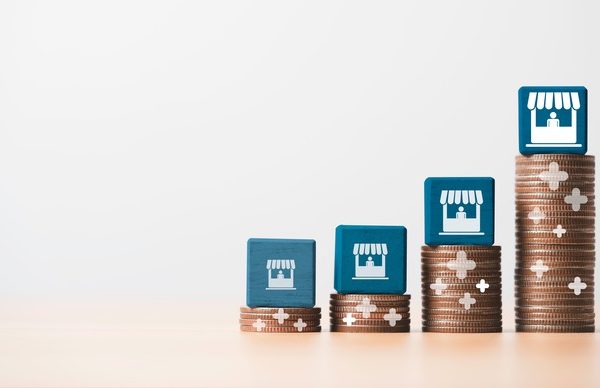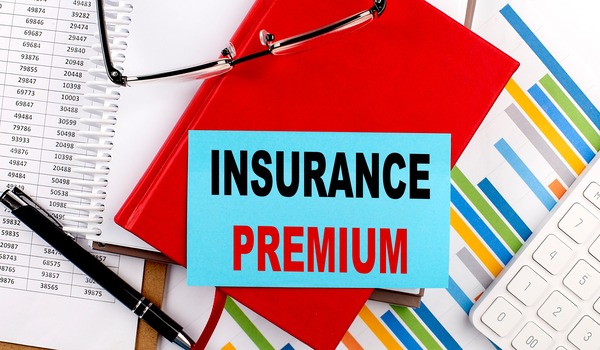A slip and fall might sound trivial, but when it happens on a business property, it can lead to significant consequences both for the victim and the business owner. It’s a scenario wherein an individual slips or trips on a property and sustains injury due to conditions or hazards on the premises. Let’s delve into various business scenarios to understand the intricacies of slip and fall accidents and their implications.
Retail Shops
In retail shops, spills that aren’t cleaned promptly or misplaced stock can easily become hazards. Imagine a customer engrossed in browsing and not noticing a toy left in the aisle. This oversight can result in a painful fall and potential injury.
Tattoo Shop
For tattoo shops, spills from ink or cleaning solutions, or even electrical cords from equipment can pose trip hazards. Given that clients are often preoccupied with the anticipation or aftermath of getting a tattoo, they might be more prone to such mishaps.
Construction Site
Construction sites are riddled with potential slip and fall hazards, from wet cement and loose gravel to stray tools and unstable surfaces. Workers, despite safety gear, are often at risk, and so are visitors if they accidentally wander into unsecured zones.
Retail Location
General retail locations, especially large ones with multiple departments, can witness slip and fall accidents due to wet floors (especially near plant sections or entrances on rainy days), uneven flooring, or even poorly maintained escalators and stairs.
Laundromat
At a laundromat, water or detergent spills are common culprits. Customers moving around with laundry baskets might not have clear visibility of the floor, making them susceptible to slipping.
Mechanic Shop
Oil spills, scattered tools, and auto parts can easily cause slip and fall accidents in a mechanic shop. Customers or employees could also trip over air hoses or slip on greasy floors.
Grocery Store
In grocery stores, slip hazards are aplenty. Broken jars, spilled liquids, freshly mopped floors, or even produce like fallen grapes can lead to falls. Crowded aisles with cartons can also cause tripping.
Doctor’s Office
At a doctor’s office, patients might spill water from coolers, or the floors might be wet due to cleaning, leading to potential slips. Moreover, elderly patients, often frequent visitors to medical facilities, are more prone to such accidents.
Recording Studio
In recording studios, a maze of wires and equipment poses a real tripping threat. Musicians or technicians, engrossed in the creative process, might easily overlook these hazards.
Restaurant
Restaurants can be hotspots for slip and fall accidents. Spilled food and drinks, recently cleaned floors, or even misplaced chairs can become hazards. Kitchen areas, with frequent liquid and food spills, are particularly high-risk zones.
Janitorial Business
For a janitorial business, the very nature of the job involves dealing with wet floors. If warning signs aren’t appropriately placed, employees or building residents could easily slip.
Office Space
In office spaces, freshly cleaned floors, cluttered cables, or even carpet snags can lead to slip and fall incidents. Often, employees in a rush or visitors unfamiliar with the layout are the victims.
The Importance of Business Insurance
Regardless of the business type, accidents are unforeseeable. While preventive measures can significantly reduce risks, they can’t entirely eliminate them. This is where the importance of having appropriate business insurance comes into the picture.
Business insurance, especially a general liability policy, typically covers slip and fall accidents. It can protect the business from potential lawsuits, covering legal fees and potential settlement costs. Beyond the financial protection, insurance gives business owners peace of mind. It assures them that in the face of unexpected mishaps, their business assets are safeguarded.
In conclusion, while businesses vary in nature and operation, the risk of slip and fall accidents is a common thread. Recognizing potential hazards specific to one’s industry and taking preventive steps is crucial. Coupled with this, having robust business insurance ensures that even when accidents happen, the business’s financial health remains intact. Safety and security, after all, go hand in hand.












